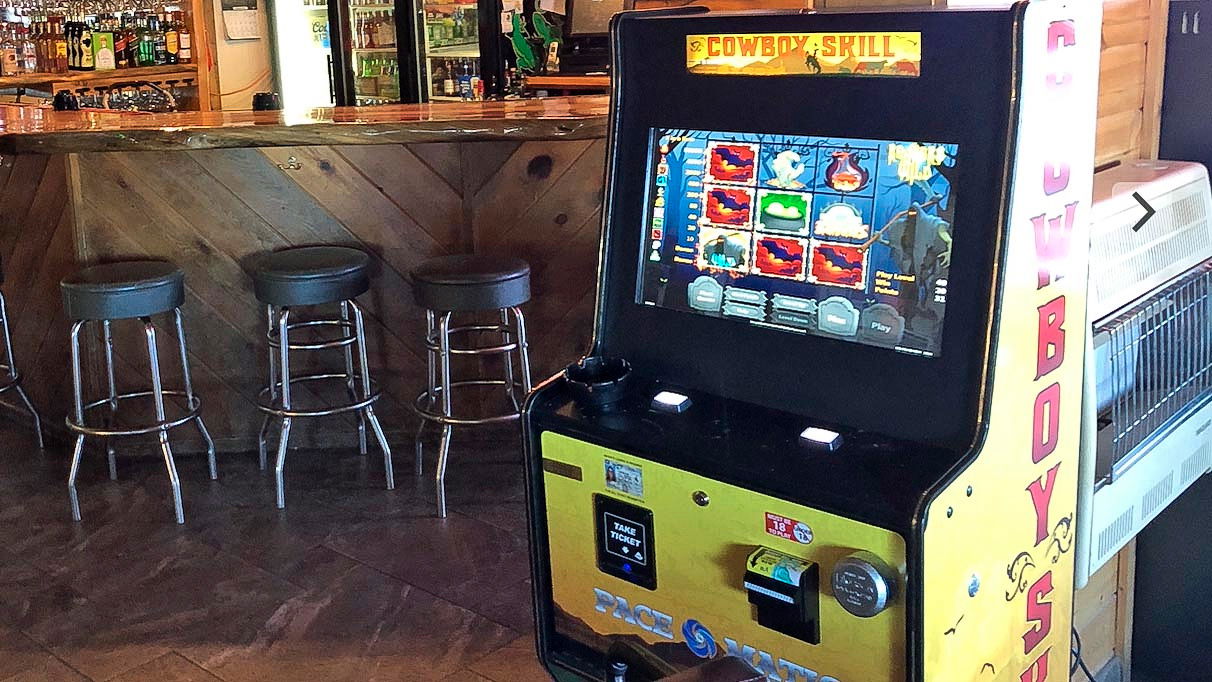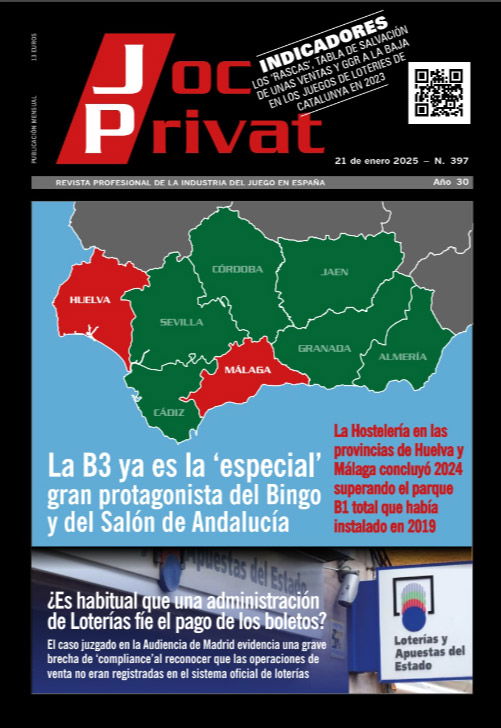Pennsylvania "skill games" manufacturer scores major legal victory after court rules machines are legal

In a unanimous decision, the Commonwealth Court of Pennsylvania established that the Pennsylvania Skill games, developed by Pace-O-Matic (POM), are legal games of skill. This verdict resulted from a case initially presented in Dauphin County and stated that “Pace-O-Matic (POM) machines are not slot machines” and that they are not illegal.
With the 7-0 decision Thursday, POM, the biggest source of unregulated "skill games" across the state, scores a major legal victory. The games have proliferated in convenience stores, bars and private clubs over the last seven years.
The court, in its decision, said that POM machines do not fall under the category of slot machines. The court agreed with the arguments of the appellees, highlighting that "substantial evidence" supports the notion that skill predominates over chance in POM games, refuting claims that the skill-based elements are secondary.
This resolution concludes that POM machines are not gambling devices, thus not constituting contraband, and that the related electronic games are not illegal. That means, the judges said, they can’t be seized by Pennsylvania State Police or other law enforcement agencies.
The decision confirms the understanding of a Dauphin County judge that Pace-O-Matic's skill games are not illegal according to the state's criminal code. Matthew Haverstick, an attorney for Pace-O-Matic, described the decision as "historic" and applauded the verdict. “I think it’s a landmark decision in that it’s a decision of indisputable statewide application,” he said.
POM CEO Paul Goldean
“This is a major victory for Pennsylvania Skill, but it’s equally a victory for our operators and the thousands of small businesses, volunteer fire companies, and fraternal clubs who have come to depend on the revenue our games provide,” President and CEO of Pace-O-Matic Paul Goldean said in a statement. "Our games have always been legal, and this ruling proves that once and for all.”
In the majority opinion, Judge Lori Dumas agreed with the earlier decision of the Dauphin court, which found credibility in the testimony of an expert who asserted that the games developed by Pace-O-Matic are primarily games of skill.
The expert in question, gaming industry consultant Olaf Vancura, expressed his view that a patient and skilled player has the potential to win a minimum of 105% of the amount wagered on each play. He also noted that any player who desires to enhance their skills on a POM machine can achieve this improvement to a certain extent over time.
Meanwhile, Susan Affronti, an attorney involved in the case for Attorney General Michelle Henry, indicated that Henry intends to seek a review of this decision in the Pennsylvania Supreme Court.
The decision does not completely resolve the debate about the potential regulation of these machines. Critics argue that skill games have resulted in unlicensed and unregulated gambling, while supporters view the games as a form of entertainment for non-profits and small businesses. In recent years, Pace-O-Matic has been pressing for legislation to regulate and tax their games, aiming to eliminate legal uncertainty.
The decision still leaves a gray area, with the state police maintaining the authority to prosecute the use of "illegal gambling" outside of licensed casinos. The question of whether skill games constitute "illegal gaming devices" remains open for future judicial decisions.

















































